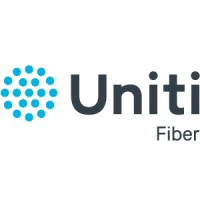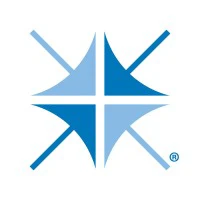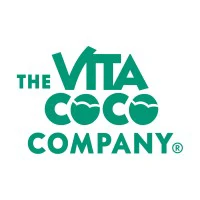Key points for investors:
- Demand & backlog: NFI secured 644 equivalent units in new orders in Q3, with a 108.5% LTM book-to-bill and a 71.8% option conversion rate. Total backlog is 15,606 equivalent units valued at $13.2 billion (37% firm, 63% options). Active North American bid universe remains strong (~7,503 EUs active; ~23,000 EUs 5-year expected demand).
- Financial performance: Q3 showed a 52% year-over-year increase in adjusted EBITDA, improved free cash flow (+$12.8M) and liquidity (+$240.2M to $386M). Total (accounting) leverage improved to 4.28x LTM. Manufacturing LTM adjusted EBITDA reached $174M, up $114M YoY.
- Battery recall and warranty provision: NFI booked a $229.9M warranty provision in Q3 related to a recall of ~700 buses using batteries from XALT. NFI expects an 18–24 month field replacement program beginning in early 2026 using an alternative battery supplier, executed primarily through service centers to avoid disrupting production. NFI has a non‑binding term sheet with XALT and expects to finalize a definitive agreement; the $229.9M is management’s best (conservative) estimate and could be materially reduced depending on settlement.
- Supply chain & operations: Supplier risk profile has materially improved (only 3 high risk/high impact suppliers vs. 50 in 2022). NFI completed a joint investment related to American Seating with GILLIG to stabilize seat supply; this is not material to financials but intended to improve seat availability. Seat-related delays affected some Q3 deliveries but are expected to improve by year-end. NFI has diversified battery suppliers and believes the replacement batteries are proven and available to meet both production and recall needs.
- Outlook & guidance: For 2025, NFI tightened guidance: revenue $3.5B–$3.7B and adjusted EBITDA $320M–$340M. Management expects Q4 2025 to be the company’s highest quarterly adjusted EBITDA to date and expects continued growth in revenue, gross profit, adjusted EBITDA, free cash flow, ROIC and net earnings into 2026 (no formal 2026 guidance yet). Tariff environment (including a new 10% Section 232 tariff on imported buses into the U.S.) is being monitored; management views tariffs largely as pass-through but acknowledges negotiation risk and potential longer-term production/sourcing adjustments.
- Cash flow & timing of recall costs: The battery replacement campaign cash outflow is expected to start in H1 2026, with roughly half of campaign cash in 2026 and the remainder in 2027; warranty disbursements may be spread over ~1–4 years. NFI expects the majority of the $229.9M provision to be associated with the replacement campaign (not labor/shipping, which are relatively modest per bus).
- Risks: Primary near-term risks are the XALT battery recall settlement outcome and timing, tariff developments and any lingering supplier disruptions (seats, potential automotive cascading effects). Management stresses confidence in market fundamentals, government funding, and operational ability to convert backlog into results.


 Sign In
Sign In Buy NFYEF
Buy NFYEF



